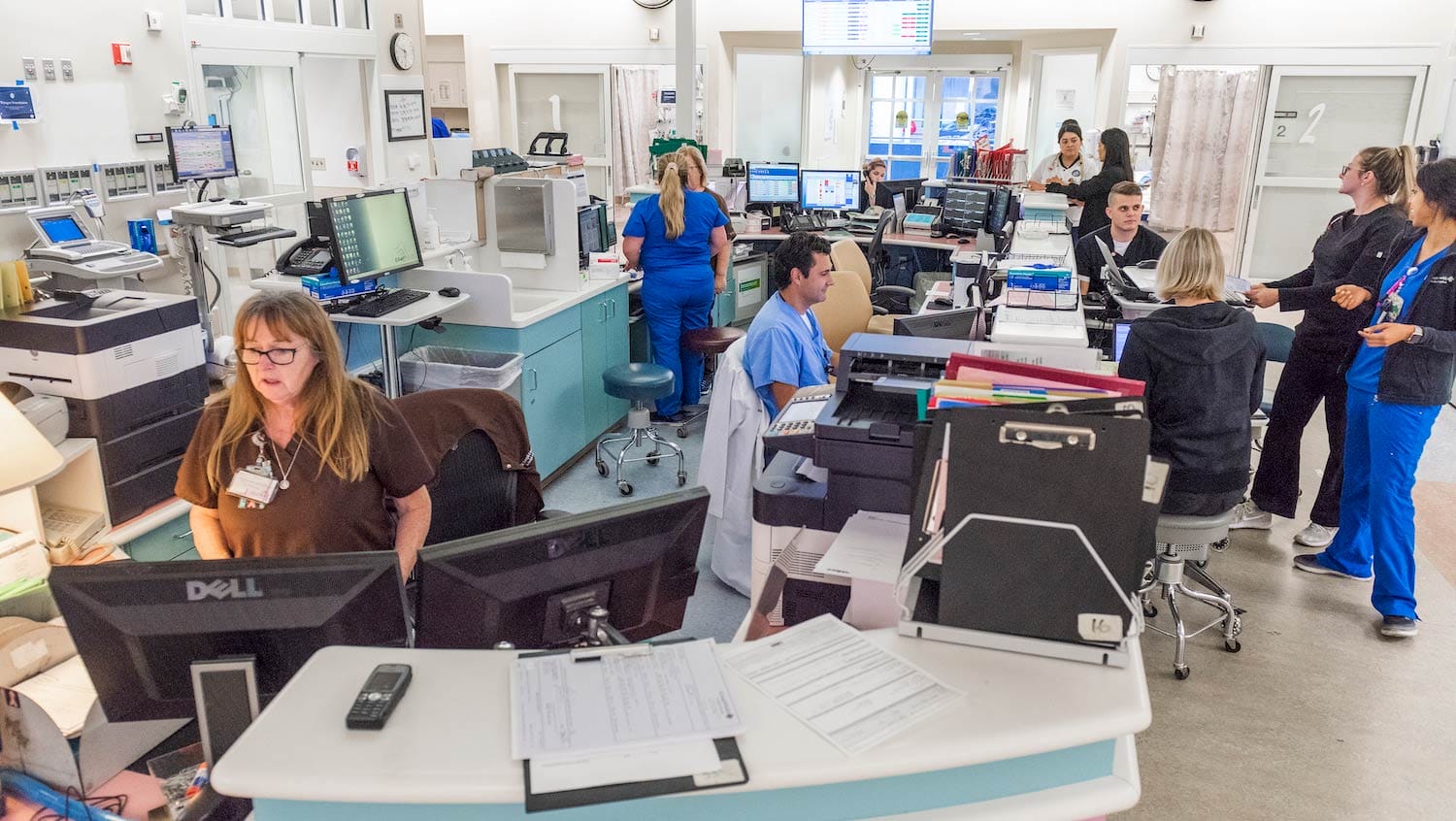Post-Surgery Readmission Rates Higher at Safety Net Hospitals
March 11, 2019

Getty Images
A new study suggests Medicare and Medicaid policies could unfairly penalize safety-net hospitals.
CONTEXT | Hospitals with high readmission rates are penalized financially by the Centers for Medicare & Medicaid Services (CMS). Compared to other hospitals, safety-net hospitals — which serve a greater proportion of poor, uninsured, and vulnerable patients — tend to have higher readmission rates and receive a disproportionate share of financial penalties. Although several studies have examined readmission rates in medical patients, little is known about readmissions rates following surgery and how they may differ at safety-net hospitals.
STUDY OBJECTIVE | Determine whether the same readmission pattern is found among surgical patients at safety-net vs. non-safety-net hospitals.
DATA SOURCES | AHRQ state inpatient data (2011–2014) on 1.25 million patients from New York, Florida, Iowa, and, Washington, linked with data from the 2014 American Hospital Association annual survey.
FINDINGS | Risk-standardized readmission rates for surgical discharges were 1.02% higher for safety-net hospitals than for other hospitals, after controlling for hospital characteristics and patient factors.
PULL QUOTE | “A difference of 1.0% seems small. However, such a difference can be the distinction between a hospital being reimbursed and facing a financial penalty.” (CK Zogg, G Ortega, and AH Haider, in an invited commentary)
SO WHAT? | Safety-net hospitals could be unfairly penalized by CMS under the Hospital Readmission Reduction Program. Since safety-net hospitals have limited resources, these penalties may exacerbate existing health disparities.
Authors. Stephanie D. Talutis, MD, et al.
Source. Comparison of Risk-Standardized Readmission Rates of Surgical Patients at Safety-Net and Non–Safety-Net Hospitals Using Agency for Healthcare Research and Quality and American Hospital Association Data. JAMA Surg, Published online January 16, 2019: E1-E10.


